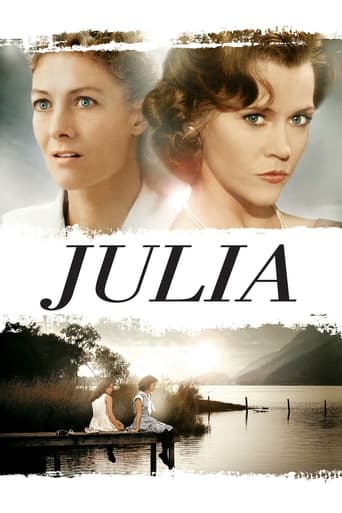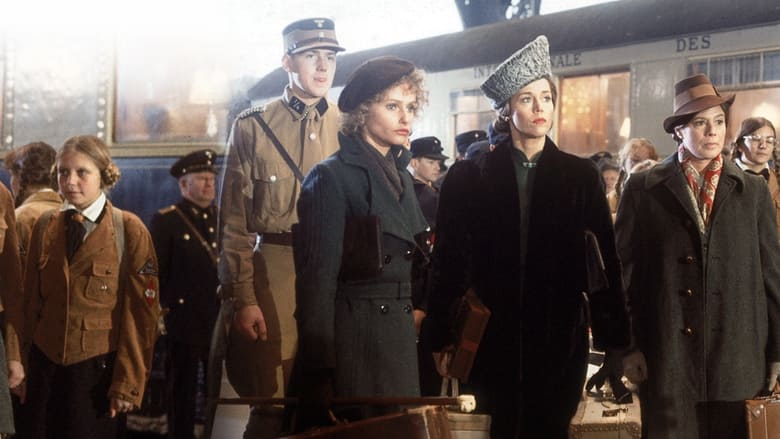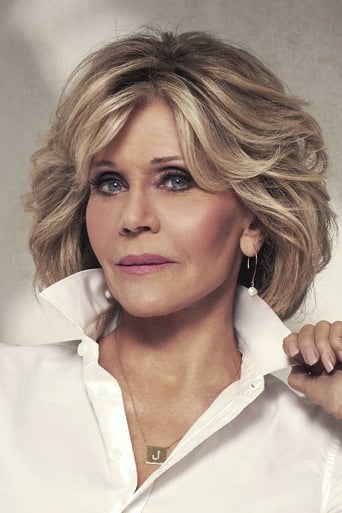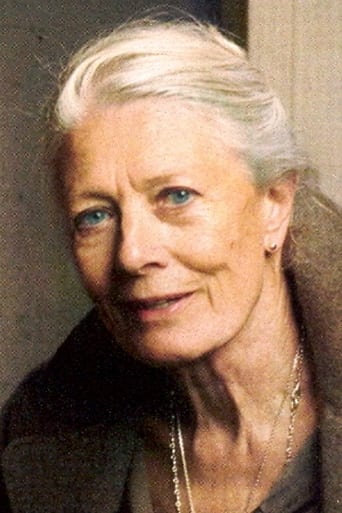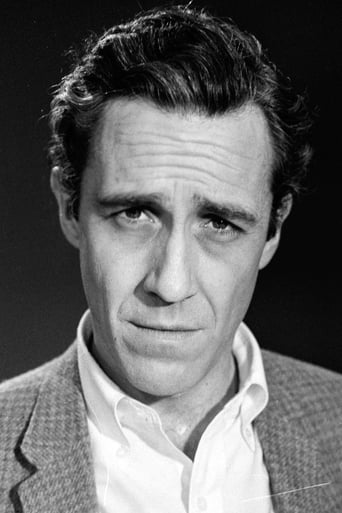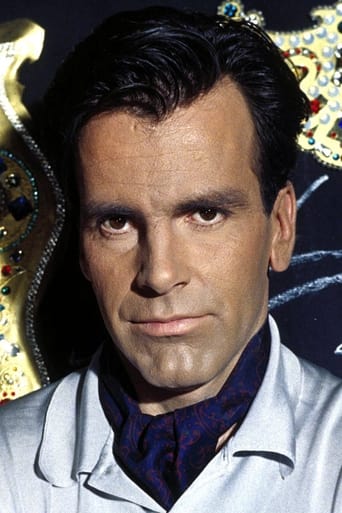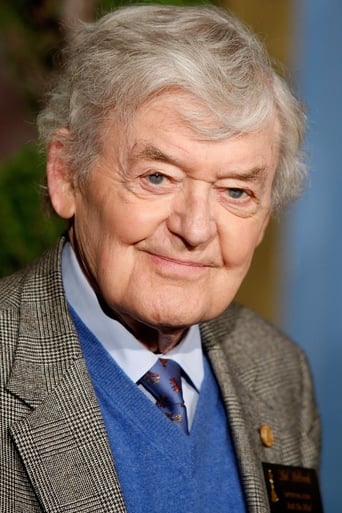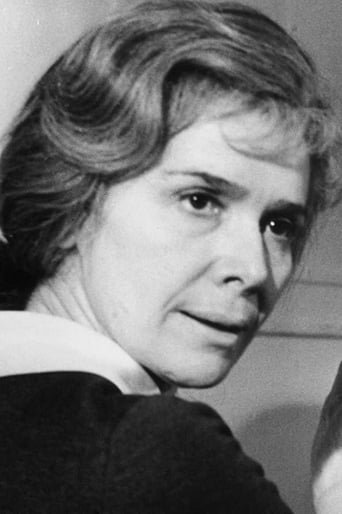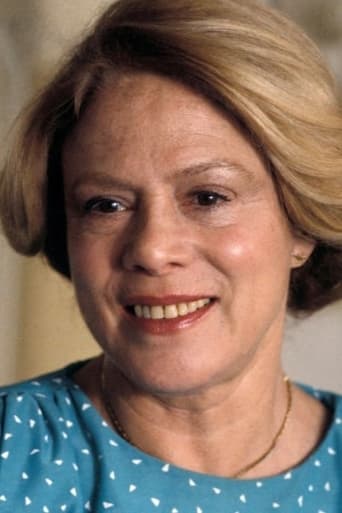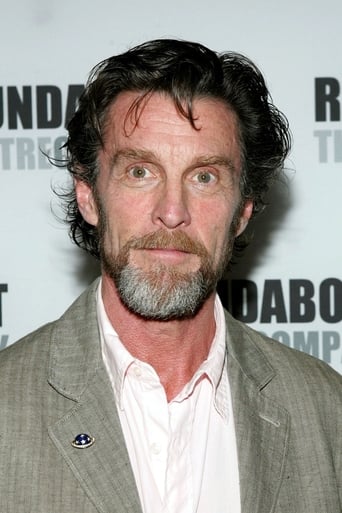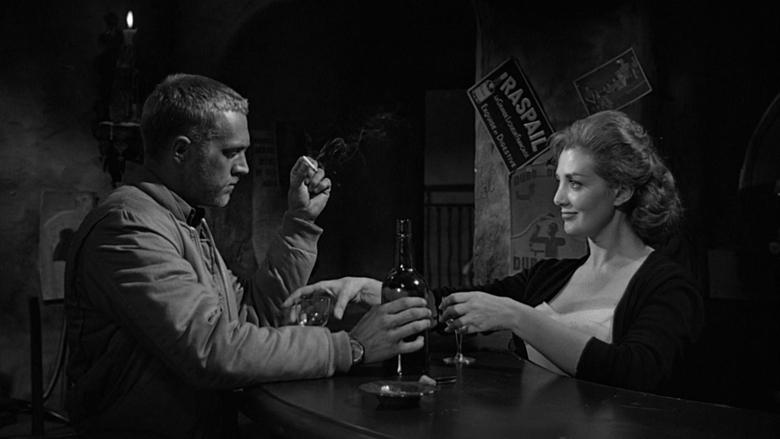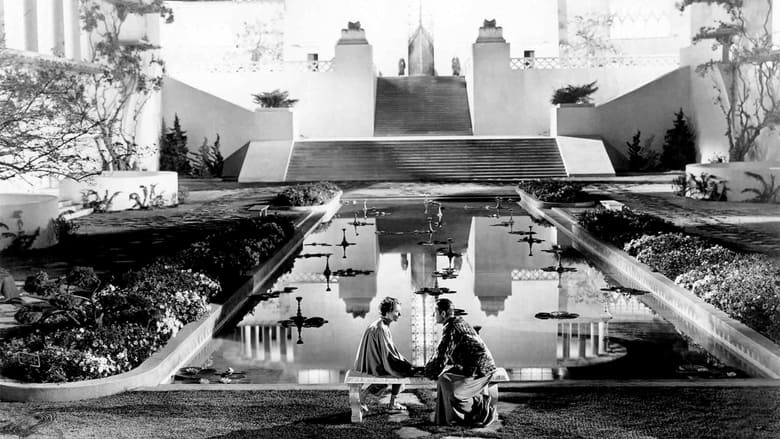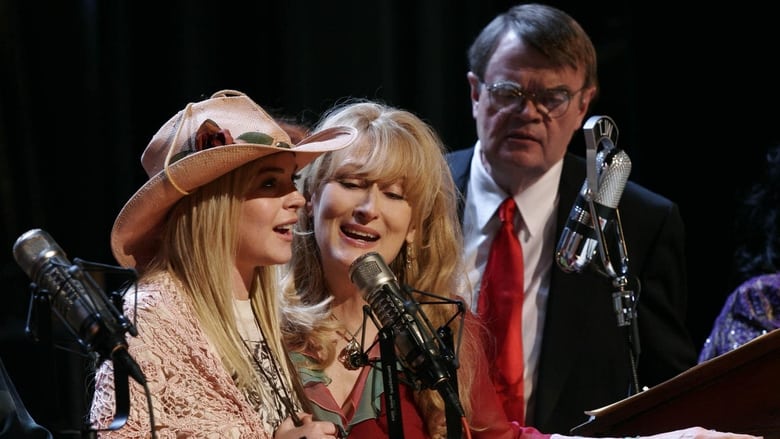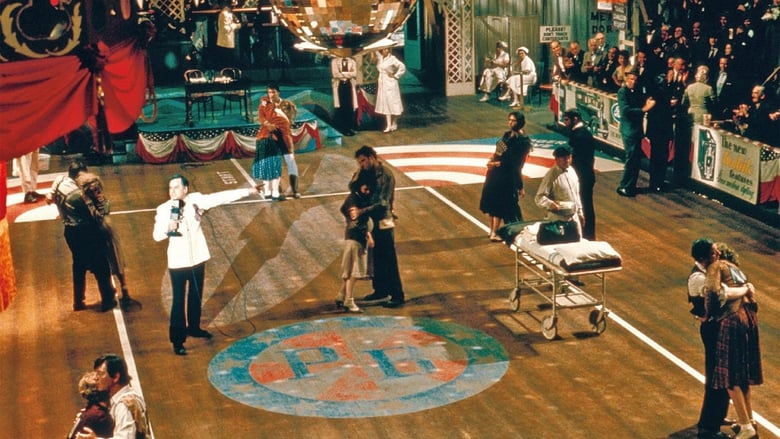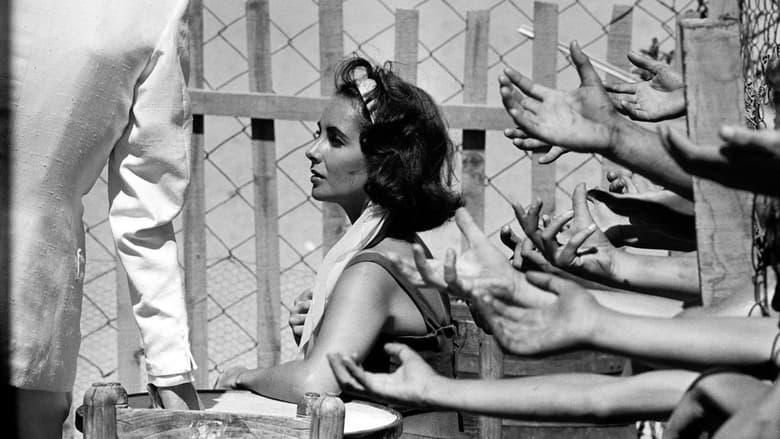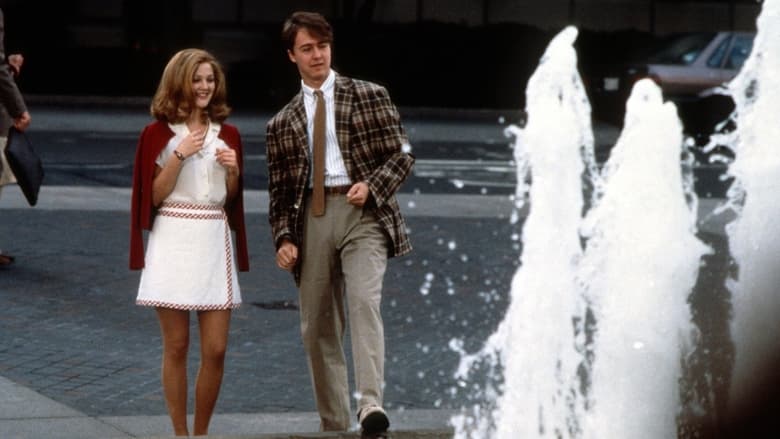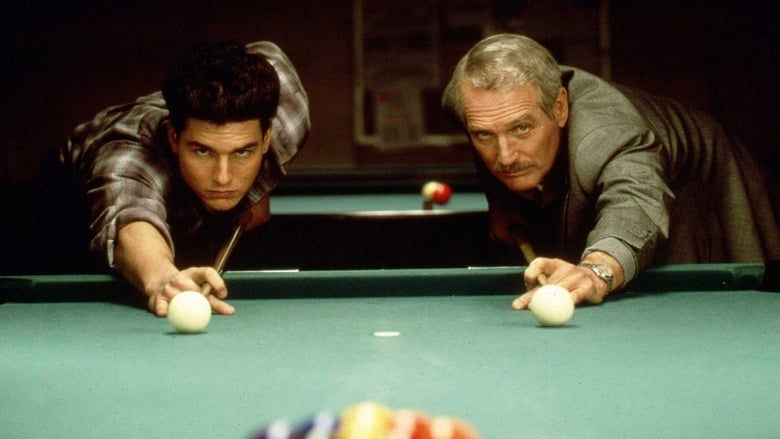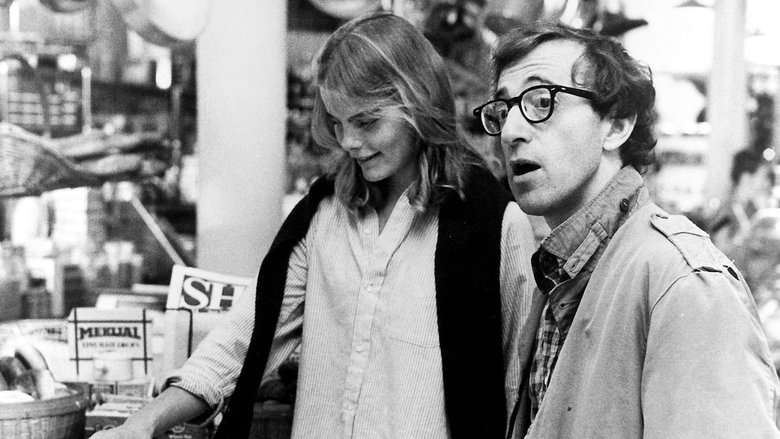At the behest of an old and dear friend, playwright Lillian Hellman undertakes a dangerous mission to smuggle funds into Nazi Germany.


Similar titles


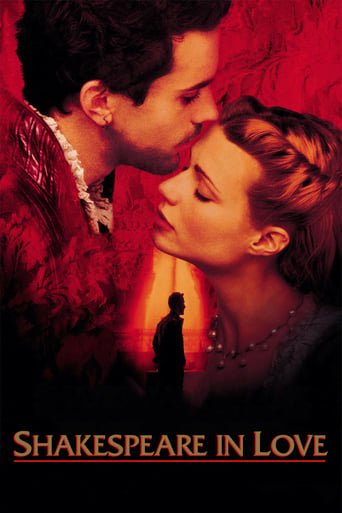
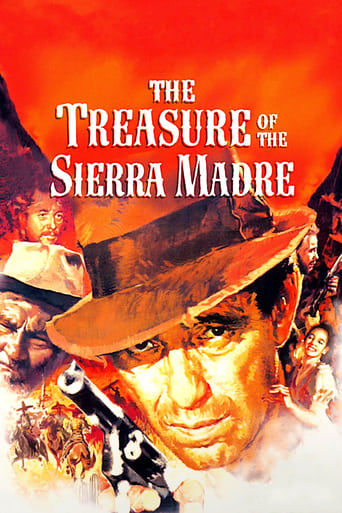



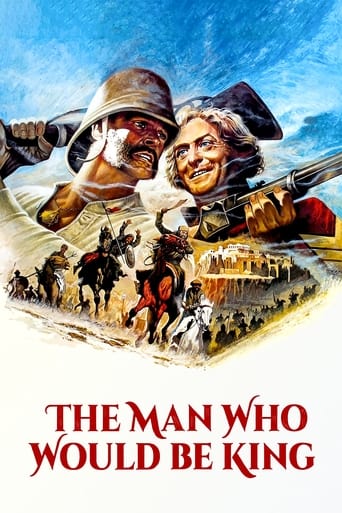
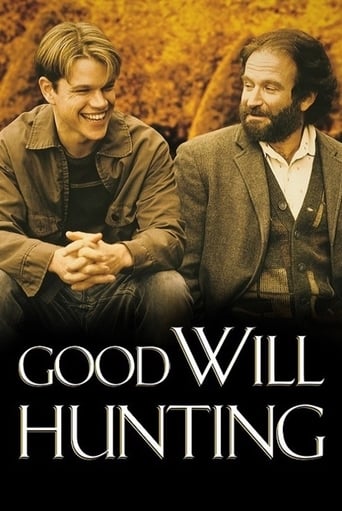
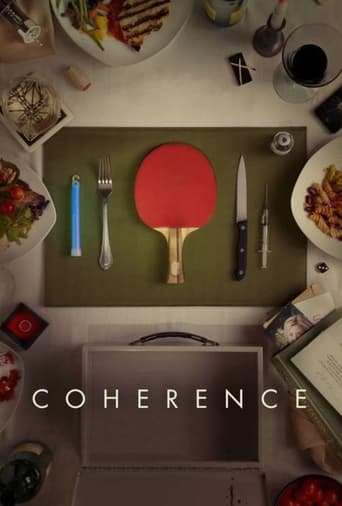
Reviews
To rediscover Julia in 2017 is an absolute thrill. It was thrilling the first time round but, as it happens, nine times out of ten, thrills don't travel well. Here is the exception. Time, through Jane Fonda and Vanessa Redgrave has added an extra coat of guts and truth. They were magnificent then and they are magnificent now. As actresses, as women. The friendship of Lilli and Julia is a landmark of historical, artistic and human proportions. Fred Zinnemann, the director, clearly knew what he was dealing with, brilliantly. Julia also counts with the extraordinary Jason Robards as Dashiel Hammett and, my goodness, Meryl Streep! in a small but memorable part, making her film debut. I believe this is one of those rare films that will be relevant for ever.
The fact that "Julia" received 11 Academy Award nominations back in 1977 should give you some indication of what kind of movie it is. Movies don't get nominated for that many Oscars unless they are fairly palatable, tasteful, and adhere to a certain sheen of prestige. "Julia" is all of these things, but don't hold that too much against it. It also happens to be a handsome and well-made drama about a female friendship during troubled times.Apparently the film, though about real-life characters like Lillian Hellman and Dashiell Hammett, has little of truth in it and according to many is an outright fabrication. I don't really care, because I don't watch movies for their veracity; I watch them for how well they craft narratives in the language of cinema, and "Julia" does this very well. A large middle section, depicting Hellman's journey by train into Berlin during the rise of the Nazi party in order to smuggle money into the country for use by the anti-fascist underground, is one long sustained nail biter, and showcases director Fred Zinneman's ability to understate to tremendous effect. The film takes a while to get going, and an irrelevant denouement makes the film longer than it needs to be and causes it to end rather abruptly, but overall it's a very good movie.I took a while to warm to Jane Fonda's performance as Hellman. She's mannered and inauthentic in her early scenes, but her performance grew on me as the film progressed, and I came to think she earned the Oscar nomination she received. Vanessa Redgrave, who won that year's Best Supporting Actress award, is astonishing in what amounts to really only one real scene, set in a cafe after her character, the Julia of the title, is reunited with Hellman after a long separation. Both women are fascinating to watch in this scene, but Redgrave especially is mesmerizing. With very little screen time, she is able to make the presence of her character pervade virtually every single frame; even when she's not on screen, which is most of the time, you find yourself thinking about her.In addition to the nominations already mentioned, the film was nominated for Best Picture, Director, Supporting Actor (Jason Robards, who won for the second consecutive year, the only person in Oscar history to win back-to-back supporting awards), Supporting Actor (Maximilian Schell, in a puzzler of a nomination given he's barely in the film and has not much to do when he is), Adapted Screenplay (which it won), Cinematography, Costume Design, Film Editing, and Original Score.Grade: A
The late Lillian Hellmann may have been a gifted writer, but it has often been alleged that her purported biography "Pentimento" is her most complete work of imaginative fiction; Mary McCarthy famously said of her that "Every word she writes is a lie, including 'and' and 'the' ". "Julia", based on a chapter of that book, was marketed as a true story, but it has been claimed that it is pure fiction and that Hellman's supposed close friend Julia never actually existed. The film tells the story of Hellmann's alleged relationship with Julia from their childhood in the early twentieth century up until the 1930s. Julia is said to be the daughter of a wealthy American family. After studying at Oxford and the University of Vienna she becomes involved with radical left-wing politics and rejects her family's bourgeois attitudes. The catalyst for her political conversion is said to be the shelling of the working-class districts of Vienna in 1934, although the film, possibly deliberately, conflates three separate events, the Austrian Civil War of 1934, the unsuccessful attempt by the Austrian Nazis to overthrow the Austro-Fascist Dollfuss regime later the same year and the successful Nazi Anschluss of 1938. The idea that one could simultaneously be a Fascist and an opponent of Nazism (as Dollfuss and his successor Schuschnigg undoubtedly were) is probably too complex for the film's rather simplified political view; much easier to blame the assault on the Viennese working class on Hitler. The script also omits the fact that Hellmann was a committed communist and admirer of Stalin; in the film her politics are simply anti-Nazi. Hellmann is by now a successful playwright, so celebrated that people even recognise her "when she goes out to buy mayonnaise". (An in-joke and possibly a disguised piece of product placement, playing on the well-known brand Hellman's Mayonnaise). When she is invited to a writers' conference in Moscow she is contacted by her old friend Julia, now a member of an anti-Nazi movement in Germany, who asks her to smuggle money into the country for the benefit of the cause. Despite the dangers involved in her mission, Hellmann does not hesitate to accept. Does it matter whether the story is truth or fiction? One who thought it did was the director, Fred Zinnemann, who accepted his assignment in the belief that he was directing a true story and who implied that he would have made it in a different way had he believed it to be fiction. Of Hellmann himself he said that she was a "phony character" and that their relationship "ended in pure hatred". My own view is that the factual accuracy of the story it tells is not always the most important thing about a film; there are, after all, plenty of good films, even great ones, which have played fast-and-loose with historical fact. "Amadeus" (to take only one example) is a wonderfully imaginative film, but I would not recommend it to anyone looking for an accurate account of the lives of Mozart and Salieri. Julia, however, has its faults even when seen as a piece of film-making rather than a piece of historical biography. The "smuggling money into Germany" plot sounds like something from a thriller, but seen as a thriller the film is too slow-moving and lacking in tension; it would have needed someone like Hitchcock to make it exciting. As a statement about Nazism, it does not analyse the nature of Nazi tyranny in any depth. As a study of friendship it is too one-sided. It may be entitled "Julia" but it should have been called "Lillian" as there is far more emphasis on Hellmann than on her friend. Vanessa Redgrave, who plays the ostensible title role, was only nominated for a "Best Supporting Actress" Oscar (she won) whereas Jane Fonda who plays Hellmann was nominated for "Best Actress" (she lost, to Diane Keaton in "Annie Hall"). Jason Robards, who plays Hellmann's lover Dashiell Hammett, won "Best Supporting Actor". In her controversial Oscar acceptance speech (controversial because of certain remarks she made about Zionism), Redgrave said that in this film she and her close friend Fonda had done "the best work of our lives". Fonda is certainly good, if one can overlook the fact that she looks nothing like the real Lillian Hellmann, even if this is not in my view her best film. I felt, however, that there was nothing particularly out of the ordinary about Redgrave's performance, although I will suspend my comments on the justice or otherwise of her Oscar win until I am more familiar with the performances of the other actresses who were in contention in 1977. As for Robards, I can think of at least one actor (Alec Guinness in "Star Wars") who was more deserving of the "Best Supporting Actor" award. One thing that did impress me was the quality of the photography; there are some wonderfully evocative scenes, such as the one of Hellmann fishing from a boat on a lake which opens and closes the film, the shots of Hellmann and Hammett on the beach by their seaside home on Cape Cod, and all those trains arriving at a station in a cloud of steam or puffing through a wintry landscape. Overall, however, I feel that, despite all its Oscar nominations, "Julia" must rank as a minor example of Zinnemann's work, especially as he was responsible for such masterpieces as "High Noon", "From Here to Eternity", "The Nun's Story" and "A Man for All Seasons". 5/10
There are movies - many of them? most of them? - that make no effort to connect with what might be called the art of cinema. That's fine. There's nothing wrong with making a movie just in the hopes of turning a profit.There are also movies - not as many, but still too many - that make every effort to connect with the art of cinema but not enough effort to engage the audience. That, in my opinion, is not so fine, but as long as I don't have to sit through them, I can't complain.And then there are movies - never enough - that connect with and advance the art of cinema not to impress critics but to enthrall audiences. Those are masterpieces, and they keep you riveted to your seat as they unfold.Julia is one such film. I first saw it in 1977 when it was released, and all these 35 years since I remembered enjoying it. This evening I watched it again, and had a chance to marvel at how well it was made. The language is often beautiful, which is appropriate in a movie about a great writer, Lillian Hellman. The images are also sometimes beautiful, which is something to be thankful for. The acting is uniformly fine. It presents Hellman's recollections of a childhood friend of hers, Julia, and her efforts to reconnect with her during the late 1930s, by which point Julia had become involved with anti-Fascist groups in Germany. We never get the details. They don't really matter, or at least didn't to me. There is no great apotheosis at the end; Hellman is not transformed by her experience. It is painful. We are made to feel that pain. The story ends.This is one of the best movie experiences I have had in quite some time. Good script writing, fine acting, and good direction can come together to make a very fine movie. Would that they did more often.
